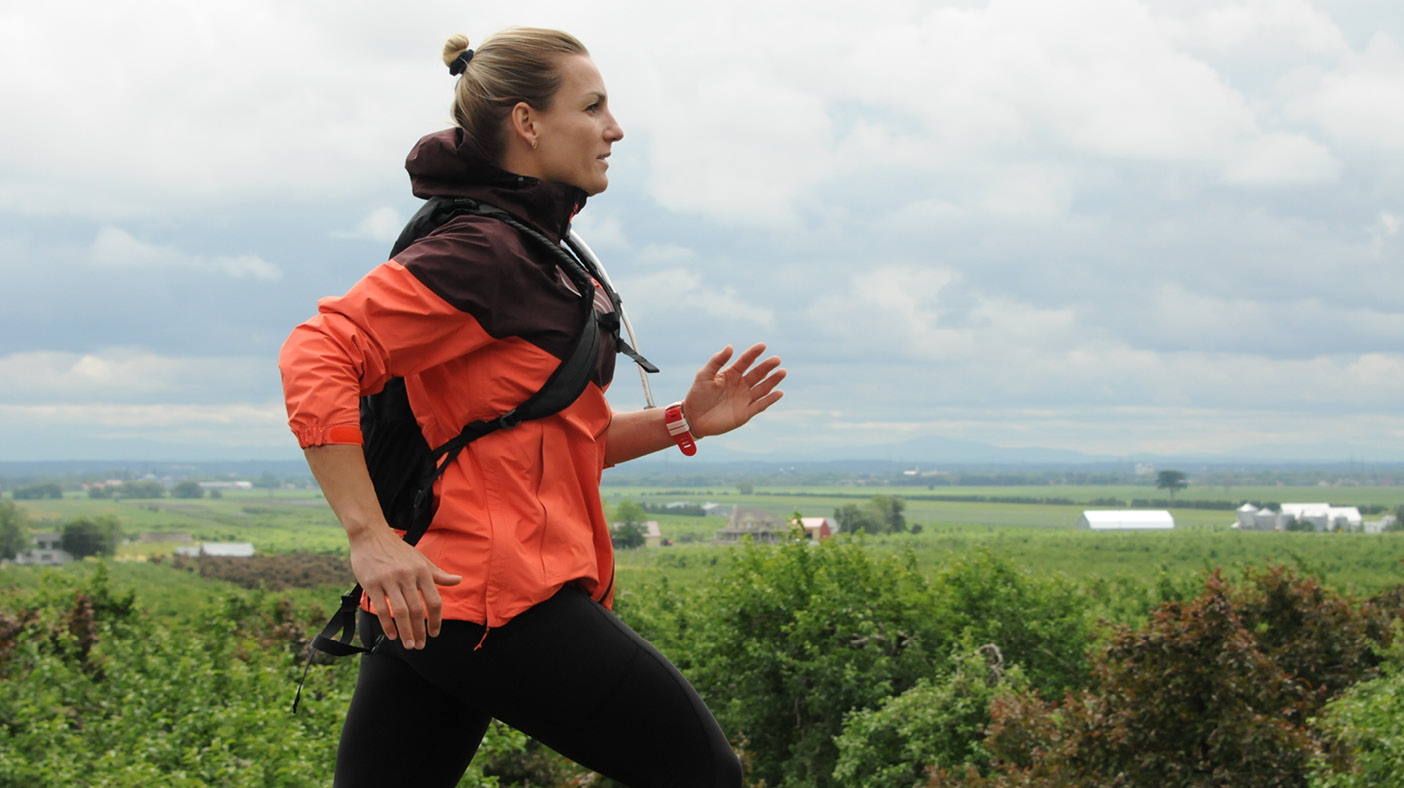Running on trails is not only thrilling while exploring nature and pushing physical limits. However, when it comes to forcing the physical movement, the right fuelling is considered a paramount need during and after longer runs as per Steven Rindner. Having a clear understanding of the special nutritional needs for trail running can be of immense help for runners to retain energy, enhance their recovery rate, and avoid the onset of fatigue. Here’s a handy guide:
The Importance of Carbohydrates
Carbohydrates are acknowledged as the energy-generating fuel that endurance athletes deserve. Participating in long-distance, the body relies considerably on the storage of glycogen balance, typically received from carbs. That is why, consuming an adequate amount of carbohydrates before and during the race is crucial for maintaining energy levels, which is the secret of performance.
Pre-Run Nutrition
Plan to have decent carbs source 2-3 hours before running. That could be oatmeal with fruit, a banana spread with nut butter, or whole-grain toast with jam. For those who plan to participate in long racing in the morning, a small snack such as a banana or energy bar 30 minutes before the race can be a smart option.
During the Run
For runs over 90 minutes, ensure to consume 30-60g of carbohydrates per hour. Sports gels, chews, and even whole foods like dried fruit or energy bars can be used. Runners should try all of these during their training and evaluate what works best for them as per Steven Rindner.
The Role of Protein
While carbs are vital for storing energy, protein plays a major role in repairing and recovering muscles. Having protein after the race can be instrumental to rebuild and repair muscle fibers that get stressed in the course of long runs.
Post-Run Nutrition
Make sure to integrate protein into the recovery meal within 30 minutes after completion of the run. An ideal balanced meal after these endurance races may include grilled chicken, and quinoa, alongside steamed vegetables. For faster options, yogurt with fruit or protein shakes can work effectively.
Role of Fats
Though carbs are the first source of quick energy, fats provide a much-needed source of fuel for longer runs. Once glycogen stores begin to diminish, one’s body will start utilizing fat as a source of fuel, especially on longer trail runs.
Incorporate Healthy Fats
Potential runners should incorporate healthy fats in their diet plan to ensure that their bodies can have access to the needed energy reserve. Good sources include avocados, nuts, seeds, and olive oil. However, be careful as consuming just before the run can slow down digestion.
The Role of Hydration
Keeping the body hydrated is integral for trail runners. Dehydration in them can result in fatigue causing poor performance or even heat-linked sickness. The necessity of hydration depends on factors such as temperature, humidity, and the span of the activity.
Hydration Strategy
Hydrate well before your run. Intake of 16-20 ounces of water 2-3 hours before you head out. On longer runs, plan about 6-8 ounces of water every 20 minutes in doing long runs. When running for more than an hour, make sure to supplement with an electrolyte drink to replace salt loss.
Every runner differs, and that’s why the course of nutrition strategy also varies based on personal preferences, individual tolerances, and specific trail conditions. So, for every runner, it is important to experiment with various foods and hydration strategies throughout your training to figure out which one suits them the best.
